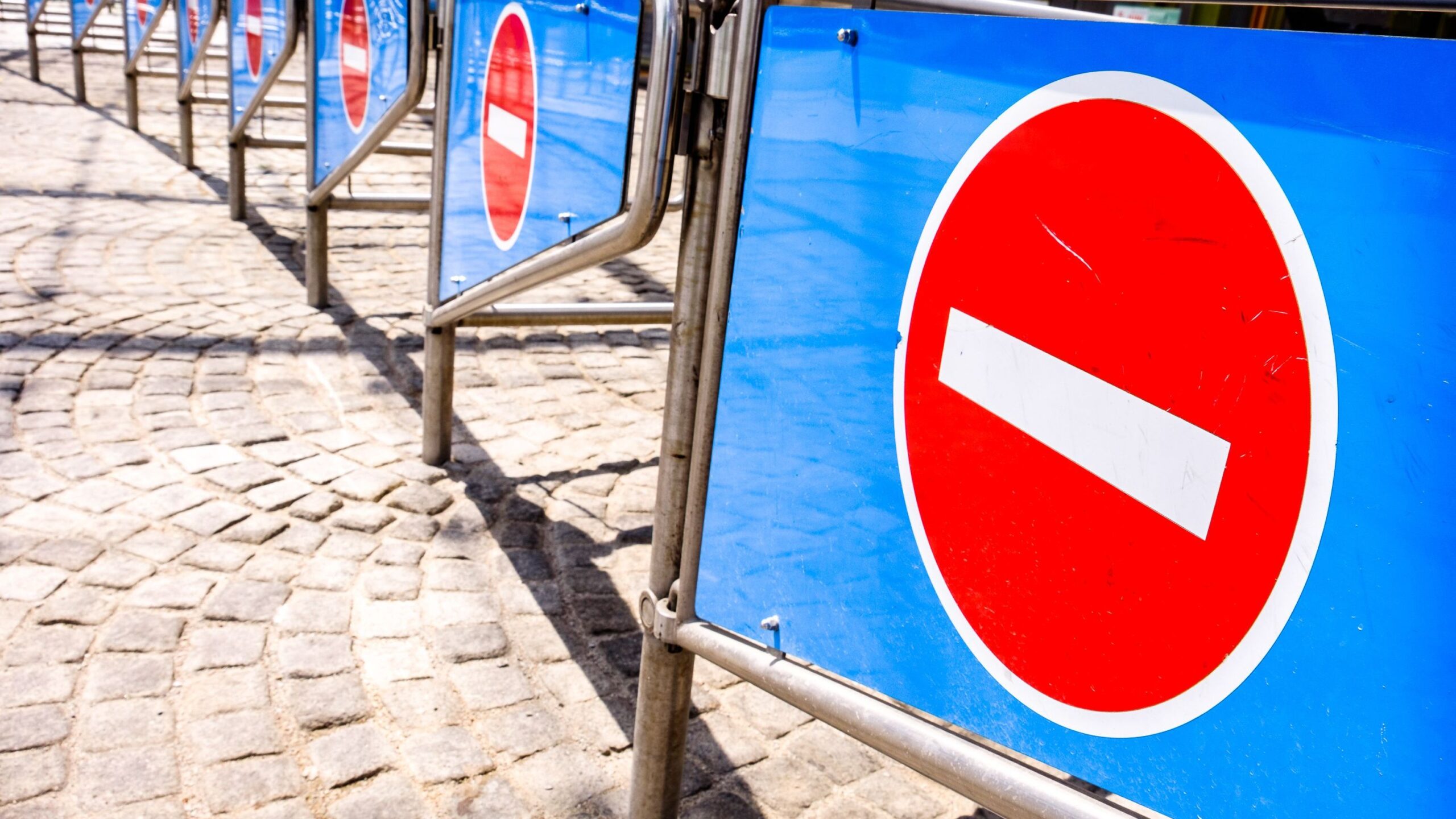DMA Enforcement: It’s Time to Prioritise Progress Over Headlines

Main takeaways
- Successful DMA compliance hinges on cooperation between companies and enforcers, rather than politicised enforcement and fines.
- Enforcement of the DMA should be an ongoing, adaptive process to effectively manage different services and trade-offs, fostering mutual learning and progress.
- Next phase of the DMA process should prioritise supporting innovation, allowing gatekeepers to develop new tech and unique features, rather than stifling growth.
Summer is a good time to reflect on what comes next. With the change in EU institutions, we have a short breather. But many work streams continue, least of all the new and very publicised enforcement of the Digital Markets Act (DMA).
Before we hear about more announcements, new rounds of ‘gatekeeper’ designations, investigations or possible fines, I wanted to pause for a moment to consider where we are with these new unprecedented – and still somewhat uncharted – powers. Ahead of the European Parliament elections in June, key Members of the European Parliament (MEPs) had actually pressured the European Commission for more investigations and big fines.
1. Collaboration over politics
Luckily the Commission’s teams working with gatekeeper-designated firms (targeted by the DMA) and access seekers to review all the compliance reports took the wise decision not to rush or politicise enforcement. Others, including senior Commission officials, unfortunately have politicised the process, seemingly pre-judging a process that runs for a year and was meant to evolve through dialogue. While those teams are still reviewing many complex tasks and processes, and share a mutual willingness to reach positive compromises and solutions, we are at risk of politics scuppering good progress.
The DMA regulates a broad range of very different services and business models. Its success therefore hinges on anticipating, understanding, and addressing various trade-offs throughout the compliance journey. Competition enforcement agencies won’t have all the answers from the outset, especially in areas they are unfamiliar with. Such may be the case when privacy or security trade-offs are at play for instance.
2. Iterative compliance
That is why DMA compliance and enforcement must be a true iterative process. Both the corporate and enforcer worlds are still learning how to adapt to these new rules, powers, and responsibilities. The outcome could be positive if we can end up with a regulatory culture in the EU where people on both sides work together, where companies (both gatekeepers and access seekers) have more clarity over expectations and desired outcomes, and where the DMA does not devolve into a PR exercise boasting one big high-profile ‘fine’ at a time.
As we’ve seen, all ongoing discussions about the future of Europe are focused on the clear need to boost innovation and competitiveness. The online space, and many of its leading and emerging companies, play a key role in Europe achieving success. Political discourse – or chasing short-term headlines – shouldn’t impede real collaboration between the public and private sectors to find solutions that benefit innovative services and consumers alike.
As the new Commission starts setting out its priorities for the next five years, we need less dogma and more pragmatism. Likewise, Europe can use less flashy announcements and more focus on recognising and celebrating all the progress we’ve achieved together. Most of the DMA compliance work has been executed successfully across Europe so far – thanks to dialogue and cooperation that is, not fines or politicised investigations.
3. Innovation and differentiation
Sure, the outcomes are not perfect yet. Many European consumers are upset about key features of some of their favourite online services being downgraded, for example. But companies will keep evolving and innovating to offer new digital services and more choice.
Yet, in order to do that, gatekeepers must retain the ability to offer services built on top of core platform services, from data insights to business management, and specialised APIs. The DMA, or any regulation for that matter, should be about enhancing existing services, offering new possibilities and pushing us forward. Ultimately, it is about giving companies breathing room to offer unique features that set them apart from each other in a very competitive market, rather than forcing them to become more alike.
Gatekeepers should obviously still be able to develop new technology and new platforms, from AI to augmented reality, that are not captured by the DMA, and be allowed to enter completely new sectors. For example, tech companies that are designated ‘gatekeepers’ under the DMA actually are the innovative disruptors that can shake up the financial services sector – if Europe allows them, that is.
All of this is crucial to ensure that gatekeepers as well as access seekers have sufficient space to differentiate themselves in terms of interface design, business models, levels of integration, and the ability to leverage open-source products.
Going forward, the next steps in the DMA process should thus focus on supporting innovation, rather than stifling it. Europe must create an empowering environment over the next five years, where regulation is not seen as the only solution or used as an instrument of punishment, but as part of a broader strategy for progress instead.








